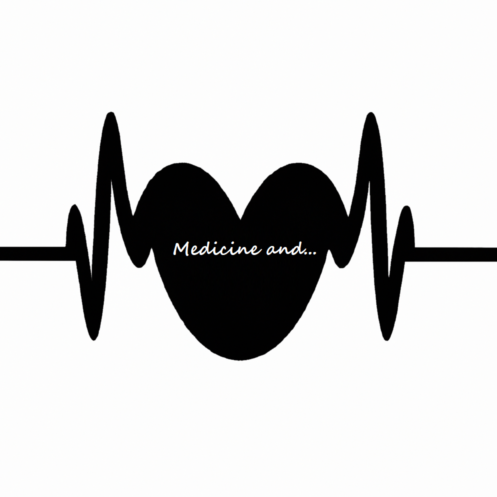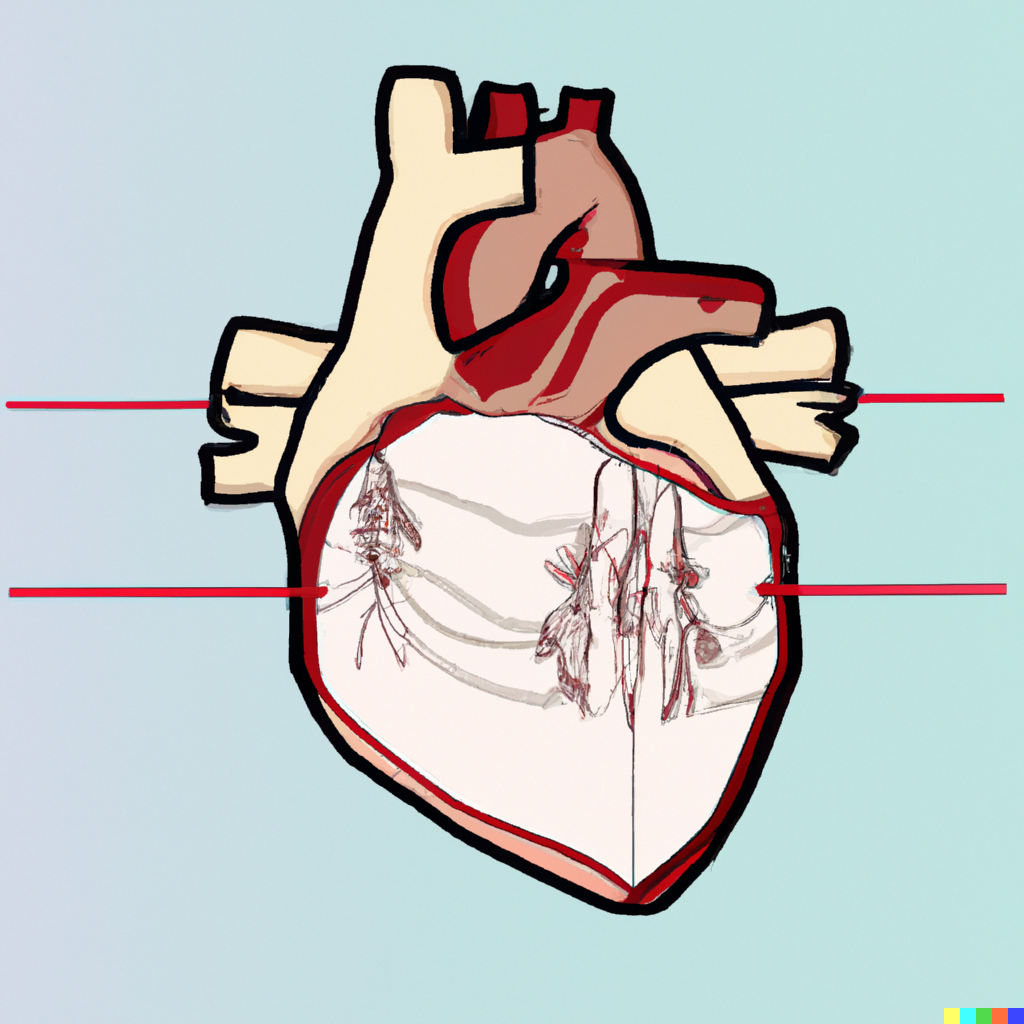High blood pressure, also known as hypertension, is a condition in which the force of blood against the walls of the arteries is too high. The exact cause of hypertension is not always known, but it is often associated with factors such as obesity, physical inactivity, smoking, stress, high salt intake, and a family history of hypertension.
Hypertension can lead to a number of serious health problems if it is not controlled. High blood pressure can damage the blood vessels, leading to an increased risk of heart attack, stroke, and kidney disease. It can also cause the heart to work harder, leading to heart failure. Hypertension can also lead to damage to the eyes, resulting in vision loss.
Blood pressure is typically screened during routine physical exams, and can also be checked at home with a home blood pressure monitor. Blood pressure is measured using a cuff that is wrapped around the upper arm and inflated to compress the artery. The cuff is then gradually deflated, and the pressure at which the pulse can be heard is recorded as the systolic pressure (the top number). The pressure at which the sound disappears is recorded as the diastolic pressure (the bottom number).
There are several classes of medications available to treat hypertension. These include:
- Diuretics, which help the body to get rid of excess fluid and salt, thereby reducing blood volume and lowering blood pressure.
- ACE inhibitors, which help to relax the blood vessels, thereby reducing the resistance to blood flow and lowering blood pressure.
- Calcium channel blockers, which help to relax the blood vessels, thereby reducing the resistance to blood flow and lowering blood pressure.
- Beta blockers, which help to slow the heart rate, thereby reducing the workload on the heart and lowering blood pressure.
- Angiotensin receptor blockers (ARBs), which also help to relax the blood vessels and lower blood pressure.
It’s important to note that hypertension is a chronic condition and requires long-term management. Medication may need to be adjusted over time to achieve optimal blood pressure control and prevent complications. Therefore, it’s important to work closely with a healthcare provider to monitor blood pressure and manage hypertension.
References:
- National Heart, Lung, and Blood Institute. (n.d.). What Is High Blood Pressure? Retrieved from https://www.nhlbi.nih.gov/health-topics/high-blood-pressure
- World Health Organization. (2018). Hypertension. Retrieved from https://www.who.int/news-room/fact-sheets/detail/hypertension
- American Heart Association. (2019). High Blood Pressure (Hypertension). Retrieved from https://www.heart.org/en/health-topics/high-blood-pressure
- European Society of Hypertension. (2020). Guidelines for the management of hypertension. Journal of Hypertension, 38(6), 1418-1422.


Leave a Reply